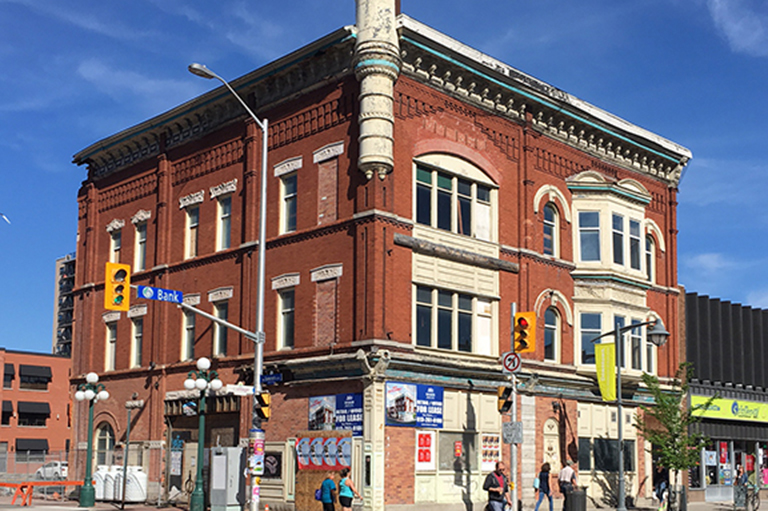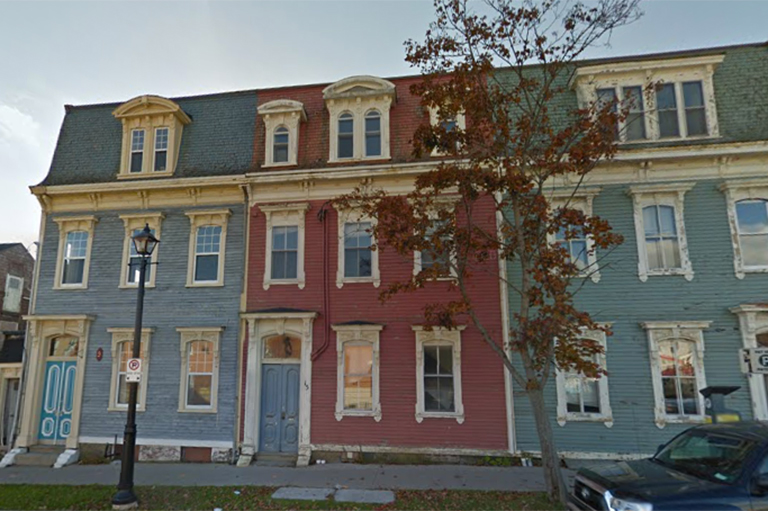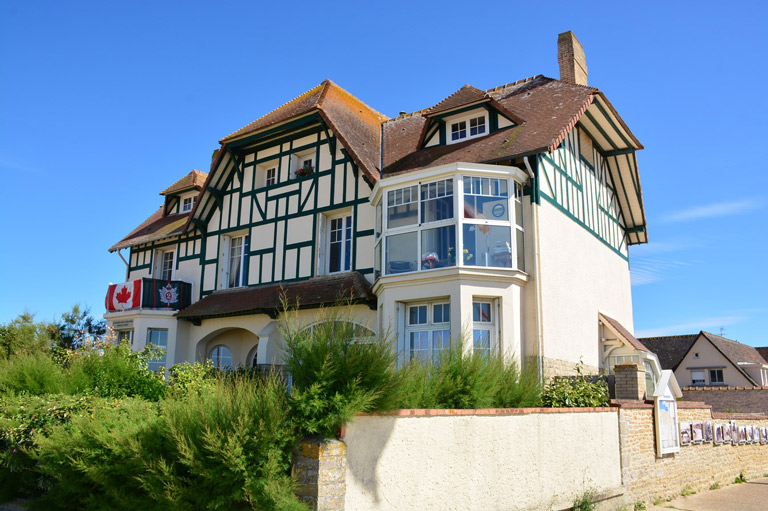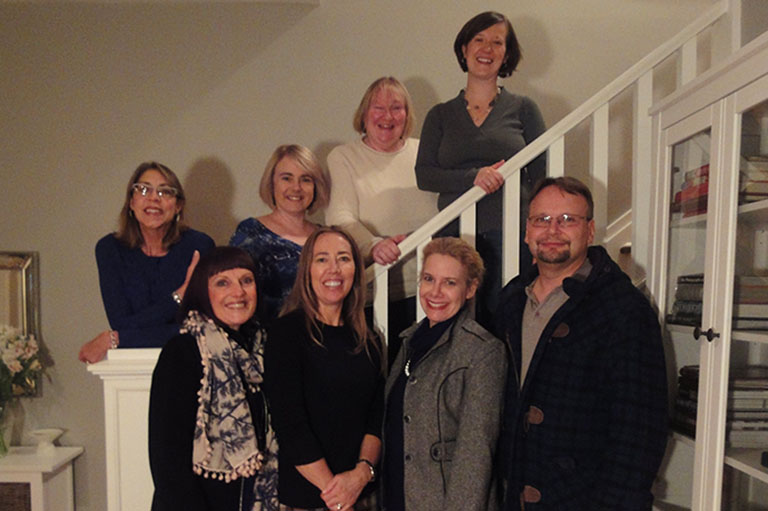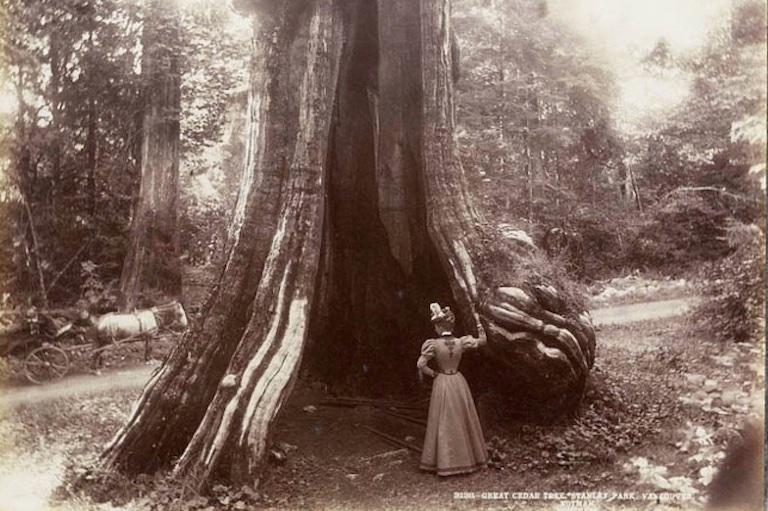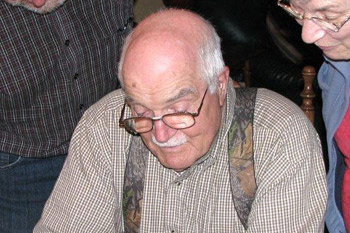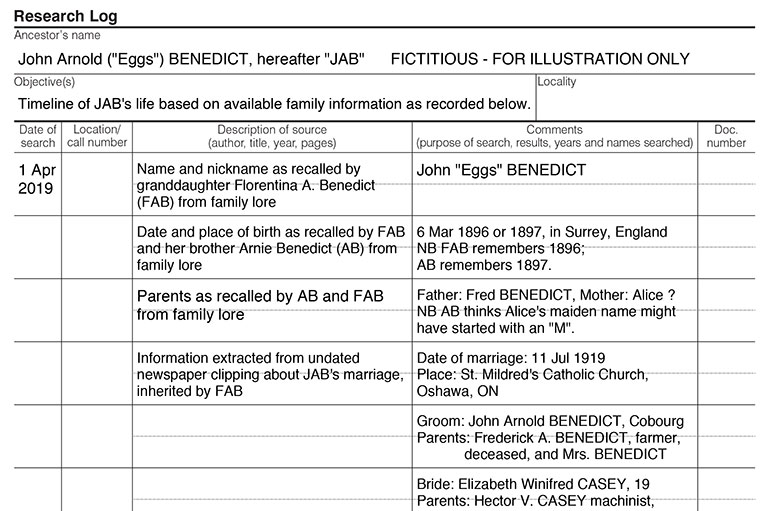Roots: House Histories
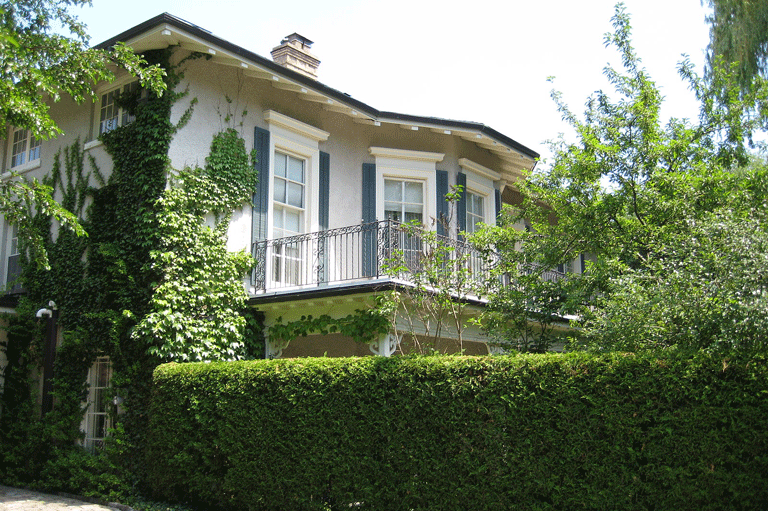
Retired broadcaster John Dawe knows a thing or two about telling a story. Impressively, he can itemize the many owners of his former Toronto house all the way back to the Second World War, when it doubled for a time as “a safe house for spies who came to Toronto to go to Camp X in Oshawa for training.”
My genealogist friend Bill Whiteside can’t match this intrigue, but he can claim acquaintance with all the families who ever owned his eighty-year-old house. He even attended university with the builder’s son.
Few among us have access to such juicy or comprehensive lore about our own family homes. Most of us will need to undertake systematic research if we are to learn when construction took place and who lived there in earlier times.
Consider the first house my wife and I owned. Apart from the couple who sold it to us in 1977, we knew nothing of its past. After a while, we realized that the house had a semi-regular visitor, a confused and wizened vagrant who knocked on our front door every few months, always asking for Mrs. Chambers and always convinced we were hiding her from him. Many years later, I hired a house historian. It seems that Mrs. Chambers, after being widowed, ran a rooming house there in the 1950s and 1960s.
It was not until the 1970s and latter that gentrification restored the neighbourhood to the single-family dwellings property developers had originally envisaged in the 1910s.
It should be noted that houses are not the only structures that can be researched. Dr. Jay Young, now with the Archives of Ontario, pointed out in 2011 in “Researching the History of Your Home,” at ActiveHistory.ca, that “home history” was a more generally applicable term than “house history.” He explained that “apartment renters, like myself, can also research aspects of the structure they call home.”
So how do you undertake a home history? To hire a researcher, ask your local history or genealogy society if they can refer you to someone with the necessary expertise. Or consult the online membership rolls of the Canadian chapters of the Association of Professional Genealogists.
However, the DIY option is less daunting and more fun than you might imagine. Many municipalities offer helpful resource guides, although these can be frustratingly mute on relevant records that may be held by different jurisdictions.
Try googling “house history research” plus your city’s name. You’ll be interested in provincial land registration, plus municipal property tax and building permits.
Don’t forget photographs and maps, including fire insurance; these could turn up in various libraries or archives. Voter lists, newspapers, and city directories are held in both online databases and brick-and-mortar repositories.
Published neighbourhood histories, almost certainly available in local libraries, can provide an overview of the various phases of development within a district.
Another friend from the genealogy world, Ellen Maki, observes that the building to be researched need not be home to anyone you know personally. For example, she has studied the stately Drumsnab house in Toronto because of its historical significance to the broader community.
I’ll leave the final words to Melanie McLennan, a professional genealogist who operates the business Ancestral Tapestry.
“My husband and I owned a beautiful old Queen Anne Revival style home in Guelph, Ontario, for nearly thirty-one years,” she reports.
When they purchased the home in 1985, it had been used as a rooming house for twenty years. Part of their restoration included compiling a history of the house.
She also talked to neighbours, who had photos of the house in different eras.
“As we restored the house, knowing more about its past gave us a sensitivity I don’t think we would have had otherwise,” McLennan said.
They eventually opened what became a seven-room B & B, which they operated for almost twenty-nine years. The gracious home received historic designation and various awards and was used as a set for three films.
File this case under “house history as life-changing experience!”
Advertisement
Themes associated with this article
Advertisement

